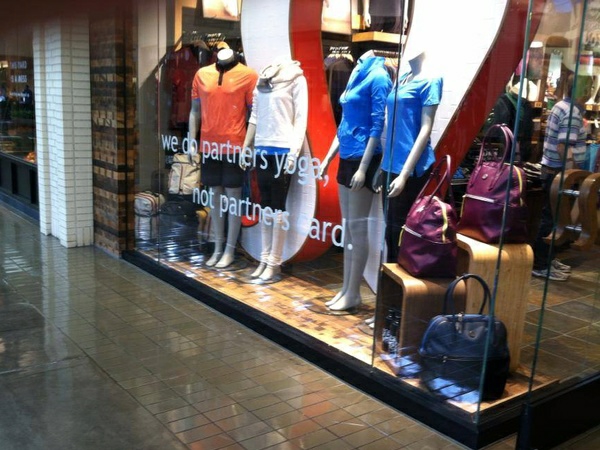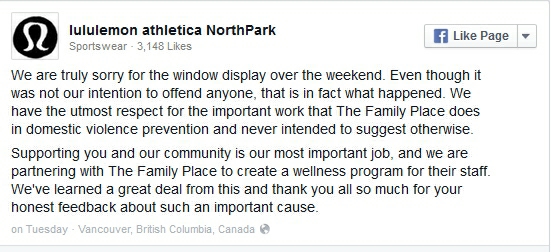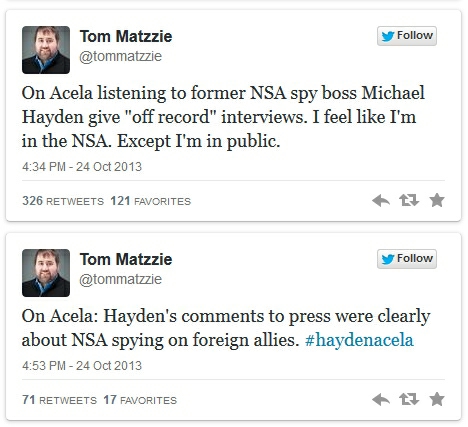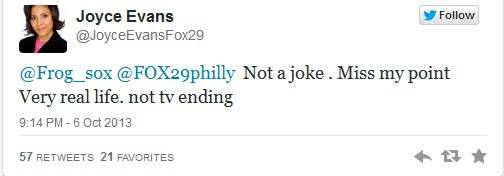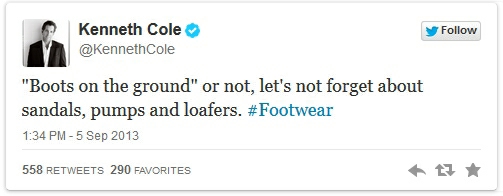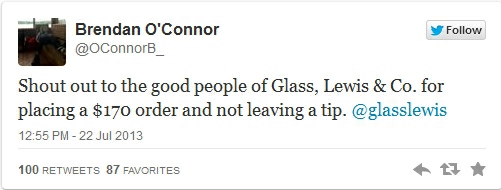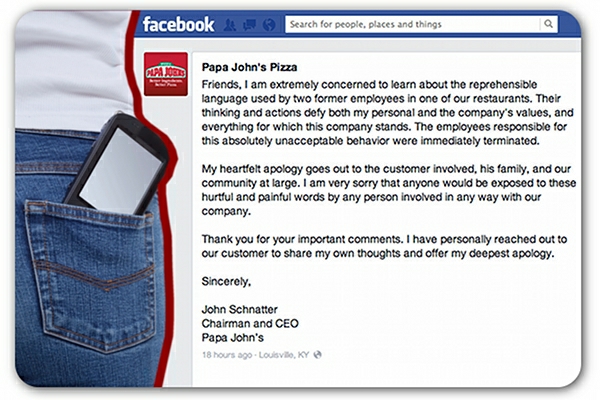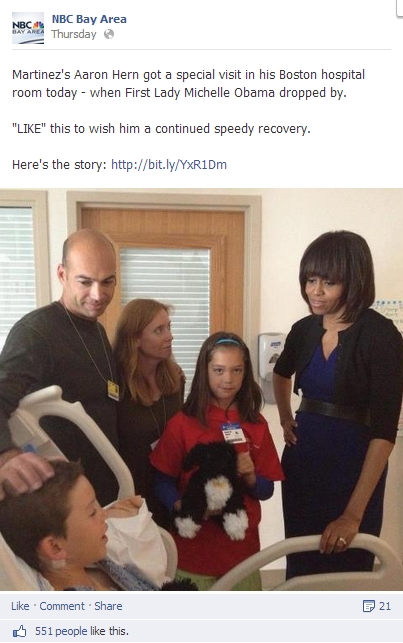An NYU professor's email response to a student is going viral. The dispute started when a student walked into Scott Galloway's brand strategy class an hour late, and the professor dismissed him based on a policy of not allowing students who arrive more than 15 minutes late to stay in the class.
The student wrote an email to Prof. Galloway, explaining his position:
Prof. Galloway,
I would
like to discuss a matter with you that bothered me. Yesterday evening I
entered your 6pm Brand Strategy class approximately 1 hour late. As I
entered the room, you quickly dismissed me, saying that I would need to
leave and come back to the next class. After speaking with several
students who are taking your class, they explained that you have a
policy stating that students who arrive more than 15 minutes late will
not be admitted to class.
As of
yesterday evening, I was interested in three different Monday night
classes that all occurred simultaneously. In order to decide which class
to select, my plan for the evening was to sample all three and see
which one I like most. Since I had never taken your class, I was unaware
of your class policy. I was disappointed that you dismissed me from
class considering (1) there is no way I could have been aware of your
policy and (2) considering that it was the first day of evening classes
and I arrived 1 hour late (not a few minutes), it was more probable that
my tardiness was due to my desire to sample different classes rather
than sheer complacency.
I have already registered for another class but I just wanted to be open and provide my opinion on the matter.
Regards,
xxxx
-
xxxx
MBA 2010 Candidate
NYU Stern School of Business
xxxx.nyu.edu
xxx-xxx-xxxx
In response, Prof. Galloway took the opportunity to teach what some may call a life lesson:
From: scott@stern.nyu.edu
To: "xxxx"
Subject: Re: Brand Strategy Feedback
xxxx:
Thanks for the feedback. I, too, would like to offer some feedback.
Just so
I've got this straight...you started in one class, left 15-20 minutes
into it (stood up, walked out mid-lecture), went to another class
(walked in 20 minutes late), left that class (again, presumably, in the
middle of the lecture), and then came to my class. At that point
(walking in an hour late) I asked you to come to the next class which
"bothered" you.
Correct?
You
state that, having not taken my class, it would be impossible to know
our policy of not allowing people to walk in an hour late. Most risk
analysis offers that in the face of substantial uncertainty, you opt for
the more conservative path or hedge your bet (e.g., do not show up an
hour late until you know the professor has an explicit policy for
tolerating disrespectful behavior, check with the TA before class,
etc.). I hope the lottery winner that is your recently crowned Monday
evening Professor is teaching Judgement and Decision Making or Critical
Thinking.
In
addition, your logic effectively means you cannot be held accountable
for any code of conduct before taking a class. For the record, we also
have no stated policy against bursting into show tunes in the middle of
class, urinating on desks or taking that revolutionary hair removal
system for a spin. However, xxxx, there is a baseline level of decorum
(i.e., manners) that we expect of grown men and women who the admissions
department have deemed tomorrow's business leaders.
xxxx,
let me be more serious for a moment. I do not know you, will not know
you and have no real affinity or animosity for you. You are an anonymous
student who is now regretting the send button on his laptop. It's with
this context I hope you register pause...REAL pause xxxx and take to
heart what I am about to tell you:
xxxx, get your shit together.
Getting
a good job, working long hours, keeping your skills relevant,
navigating the politics of an organization, finding a live/work
balance...these are all really hard, xxxx. In contrast, respecting
institutions, having manners, demonstrating a level of humility...these
are all (relatively) easy. Get the easy stuff right xxxx. In and of
themselves they will not make you successful. However, not possessing
them will hold you back and you will not achieve your potential which,
by virtue of you being admitted to Stern, you must have in spades. It's
not too late xxxx...
Again, thanks for the feedback.
Professor Galloway
The professor told Business Insider that he's "getting an email about every three minutes from people (all over the world) voicing support/anger (about an 8:1 ratio)."
Discussion Starters:
- This email exchange is three years old. What took so long for it to go viral?
- What's your reaction to each email? How could both the student and the professor possibly have changed their behavior, language, or perspective?


